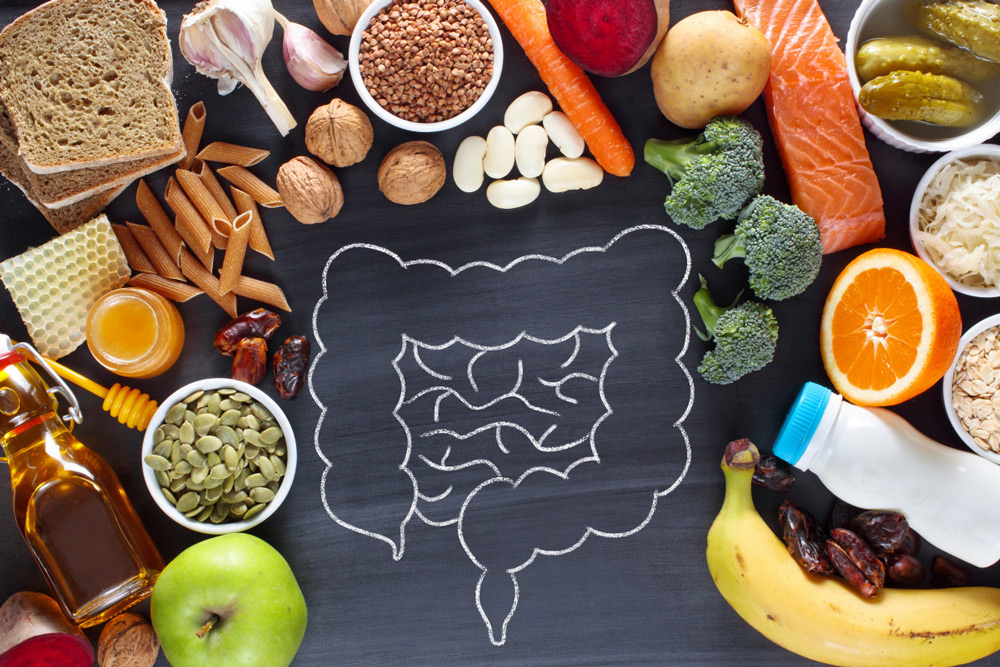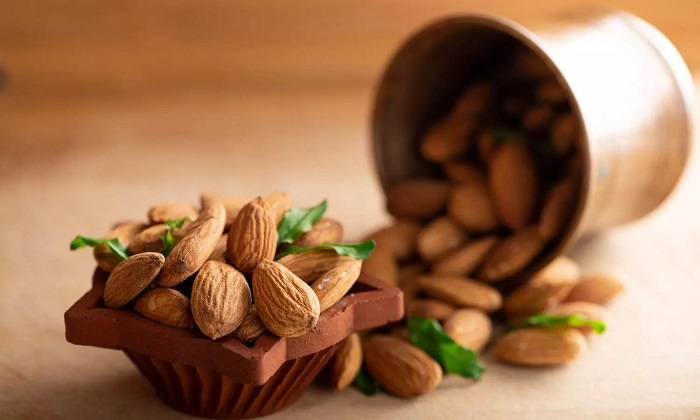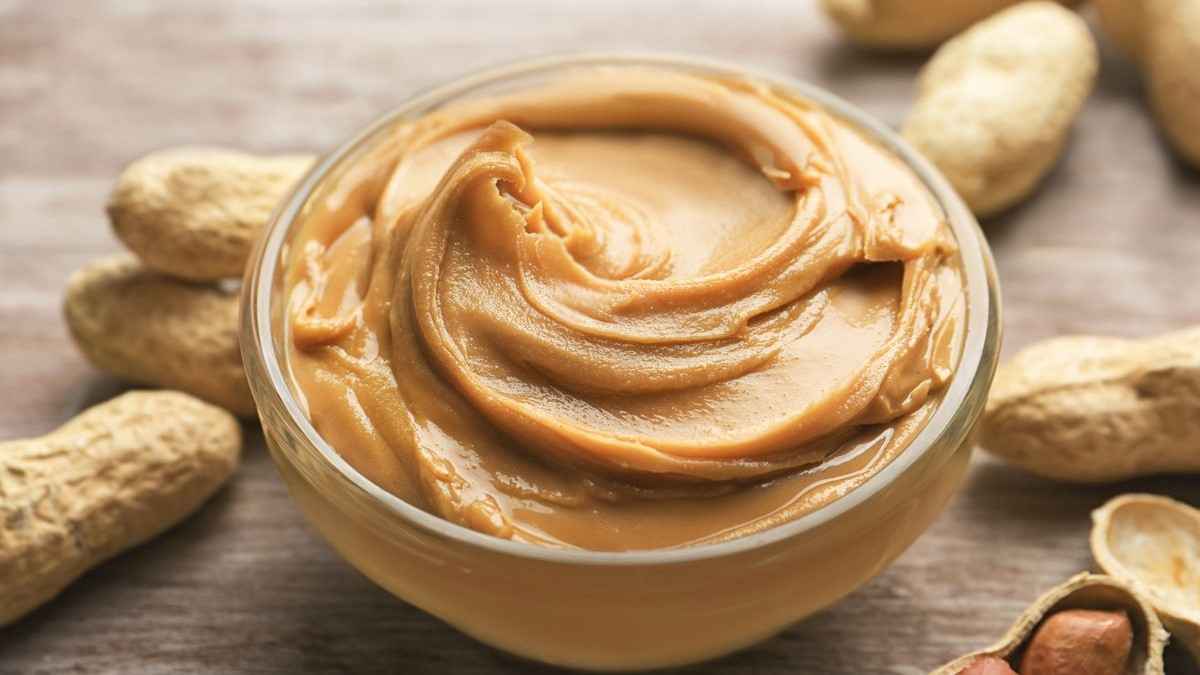
How to Make Your Iranian Nut Butter
Iranian Spices for Boosting Metabolism
How Dried Fruits Contribute to a Healthy Digestive System
Dried fruits have long been recognized for their rich nutrient content and their beneficial impact on overall health. One of the most significant benefits of consuming dried fruits is their positive effect on gut health and digestion. Dried fruits such as dates, figs, prunes, raisins, and apricots are packed with fiber, prebiotics, and essential nutrients that support the digestive system, promote regularity, and help maintain a healthy gut microbiome.
Here’s a detailed look at how dried fruits contribute to gut health and why they are an excellent addition to a digestive-friendly diet.
1. Rich Source of Dietary Fiber
One of the most important roles that dried fruits play in gut health is their high fiber content. Fiber is essential for maintaining a healthy digestive system as it adds bulk to stool, helps food move smoothly through the digestive tract, and prevents constipation.
Key Benefits of Fiber in Dried Fruits:
- Promotes Regular Bowel Movements: Dried fruits like prunes, figs, and apricots are rich in both soluble and insoluble fiber. Insoluble fiber helps add bulk to the stool and speeds up the passage of food through the intestines, while soluble fiber absorbs water and softens the stool, making it easier to pass.
- Prevents Constipation: Dried fruits, particularly prunes and figs, are natural remedies for constipation. Prunes, in particular, contain sorbitol, a sugar alcohol that acts as a natural laxative by drawing water into the intestines and promoting bowel movements.
- Improves Overall Digestion: By adding fiber to your diet through dried fruits, you help regulate digestion, prevent bloating, and reduce the risk of digestive disorders such as irritable bowel syndrome (IBS).

Dried prunes
High-Fiber Dried Fruits:
- Prunes (Dried Plums): Rich in soluble and insoluble fiber, prunes are highly effective in promoting regular bowel movements.
- Dried Figs: High in fiber, figs help maintain regularity and prevent constipation.
- Dried Apricots: Packed with fiber, dried apricots promote smooth digestion and improve stool consistency.
- Raisins: These small dried fruits are an excellent source of fiber that can help maintain a healthy digestive tract.
2. Natural Laxative Effects
Certain dried fruits, particularly prunes, have natural laxative properties that are beneficial for those suffering from constipation or sluggish digestion.
Prunes and Their Role in Gut Health:
- Sorbitol: Prunes contain sorbitol, a natural sugar alcohol that draws water into the intestines, helping to soften the stool and promote easier bowel movements. This makes prunes one of the most effective natural remedies for constipation.
- Dihydroxyphenylisatin: Prunes also contain a compound called dihydroxyphenylisatin, which helps stimulate the muscles in the intestines, promoting regular bowel movements.
- Regularity: Eating prunes regularly can help prevent chronic constipation and keep the digestive system functioning smoothly.
How to Use Prunes for Gut Health:
- Snacking: Eat a handful of prunes daily to maintain regular digestion.
- Prune Juice: Drinking prune juice is another effective way to benefit from the laxative effects of prunes while staying hydrated.
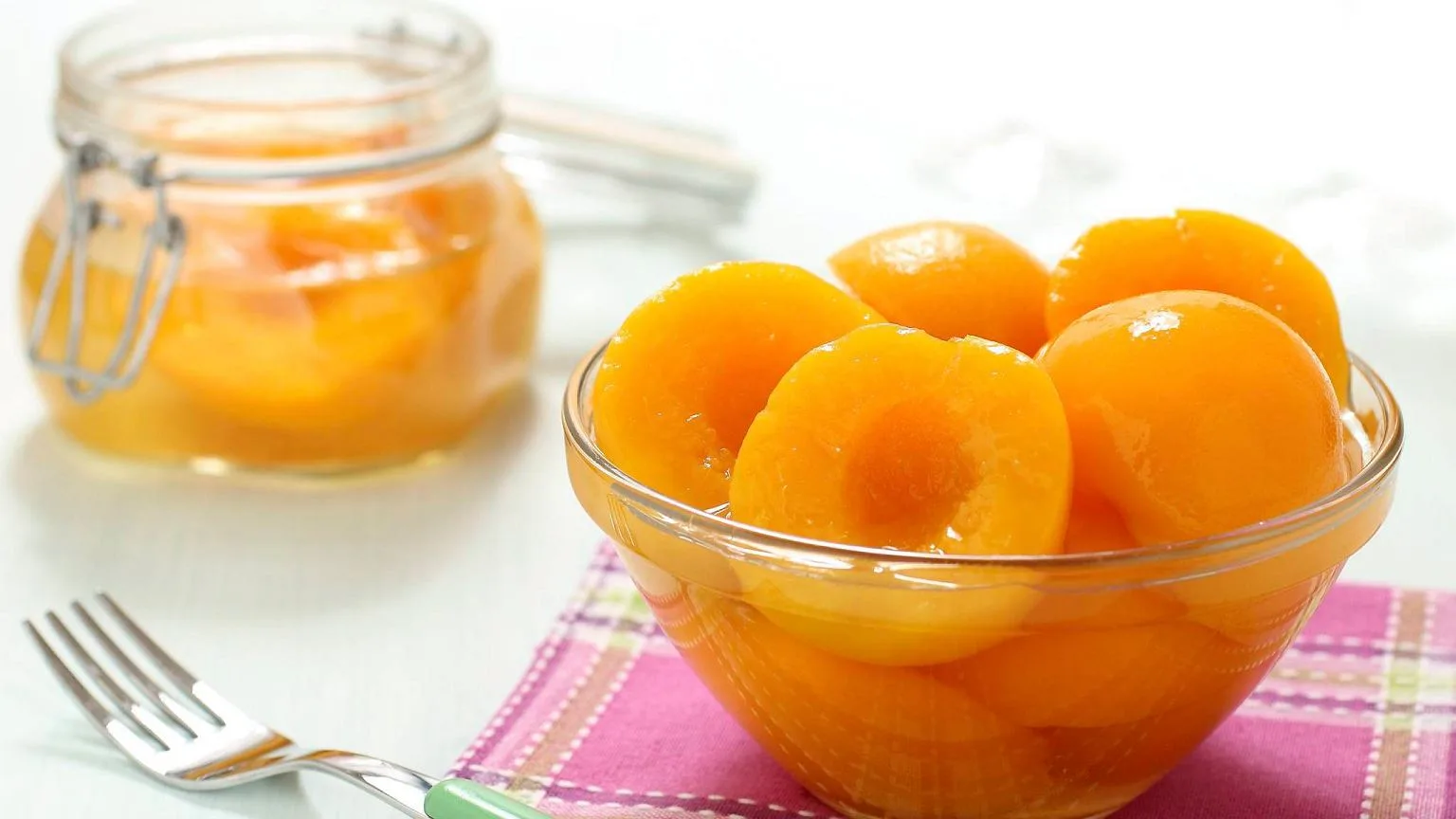
Prune Compote
3. Prebiotics for a Healthy Gut Microbiome
Prebiotics are non-digestible fibers that serve as food for the beneficial bacteria in your gut, helping to maintain a healthy gut microbiome. Many dried fruits are rich in prebiotics, which can promote the growth of probiotics (healthy bacteria) and improve gut health.
How Prebiotics in Dried Fruits Benefit Gut Health:
- Promote Healthy Gut Bacteria: Dried fruits like dates, figs, and raisins contain prebiotic fibers that feed the good bacteria in your gut, promoting a healthy microbiome. A balanced microbiome helps prevent digestive disorders, boosts immune function, and reduces inflammation.
- Enhance Digestive Health: The prebiotic fibers in dried fruits help improve the balance of gut bacteria, which in turn supports better digestion and nutrient absorption. This can help reduce issues such as bloating, gas, and indigestion.
Dried Fruits Rich in Prebiotics:
- Dates: Dates contain prebiotic fibers that nourish beneficial gut bacteria, making them excellent for maintaining a healthy microbiome.
- Figs: Rich in prebiotics, figs help feed the good bacteria in the gut and support digestive health.
- Raisins: These tiny fruits are rich in prebiotic fibers that promote gut health and support the digestive system.

Estahban fig farms
4. Preventing Digestive Disorders
Regular consumption of fiber-rich dried fruits can help prevent a variety of digestive disorders, including constipation, hemorrhoids, diverticulitis, and even certain types of colon cancer.
Benefits for Digestive Disorders:
- Hemorrhoid Prevention: Hemorrhoids are often caused by straining during bowel movements, which is a common result of chronic constipation. The fiber in dried fruits helps soften the stool and make bowel movements easier, reducing the risk of hemorrhoids.
- Diverticulitis: Fiber from dried fruits may also reduce the risk of diverticulitis, a condition where small pouches in the intestinal wall become inflamed or infected. A high-fiber diet helps keep stools soft and prevents the buildup of pressure in the intestines.
- Colon Health: High fiber intake from foods like dried fruits has been linked to a reduced risk of colorectal cancer, as fiber helps to keep the digestive system clean and functioning properly.
Recommended Dried Fruits for Digestive Health:
- Dried Apricots: Their high fiber content helps reduce the risk of digestive issues, including constipation and diverticulitis.
- Prunes: Known for their laxative effects, prunes are particularly effective in preventing constipation and other digestive disorders.
- Figs: Their fiber content supports overall colon health and helps prevent digestive disorders.
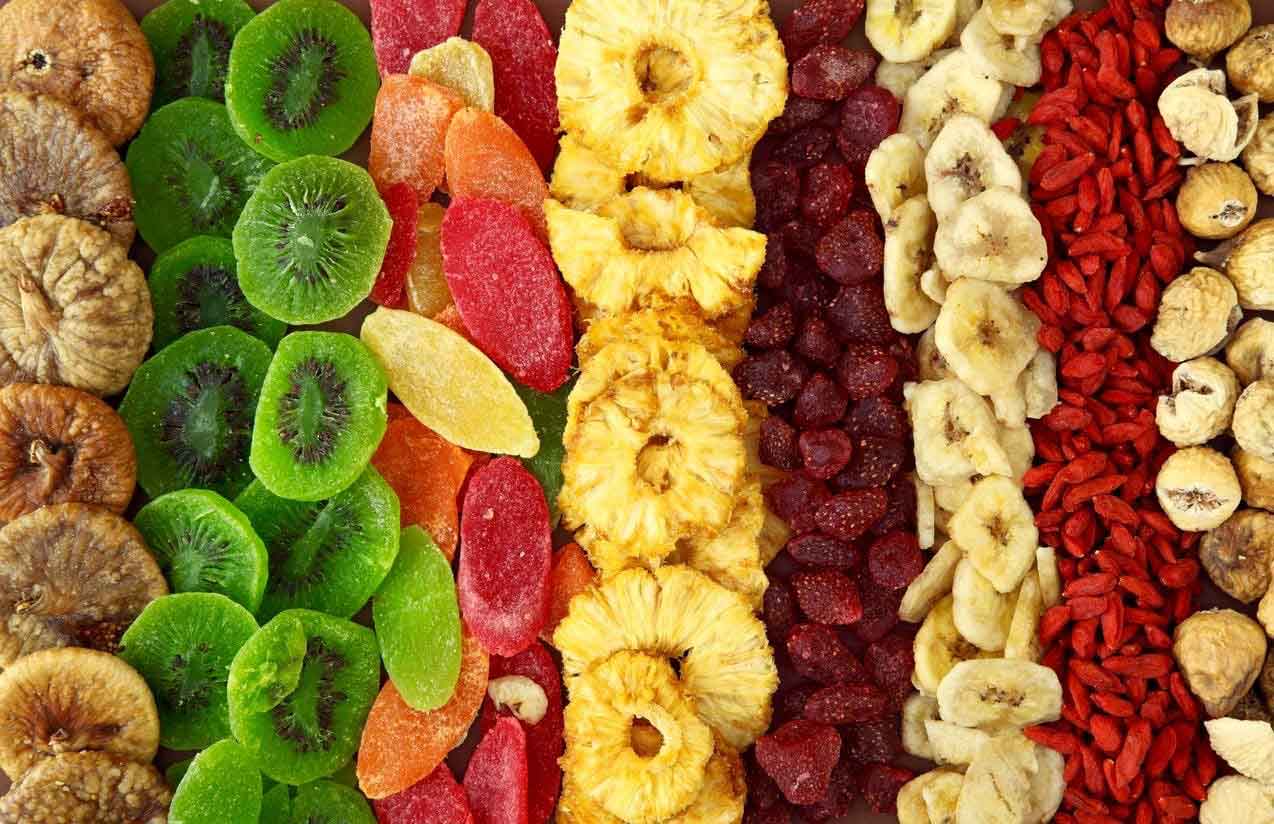
Persian Dried Fruits
5. Rich in Antioxidants and Nutrients
Dried fruits are packed with antioxidants, vitamins, and minerals that contribute to overall digestive health. The antioxidants in dried fruits, such as polyphenols and flavonoids, help protect the digestive system from oxidative stress and inflammation.
Nutrients that Support Gut Health:
- Polyphenols: Dried fruits like raisins and dates are rich in polyphenols, which help reduce inflammation in the gut and promote healthy digestion.
- Potassium: Many dried fruits, such as apricots and prunes, are high in potassium, an essential nutrient that helps regulate fluid balance and muscle contractions in the digestive tract, supporting overall digestive function.
- Vitamin C: Dried fruits like mulberries contain vitamin C, which supports immune function and helps maintain the integrity of the gut lining.
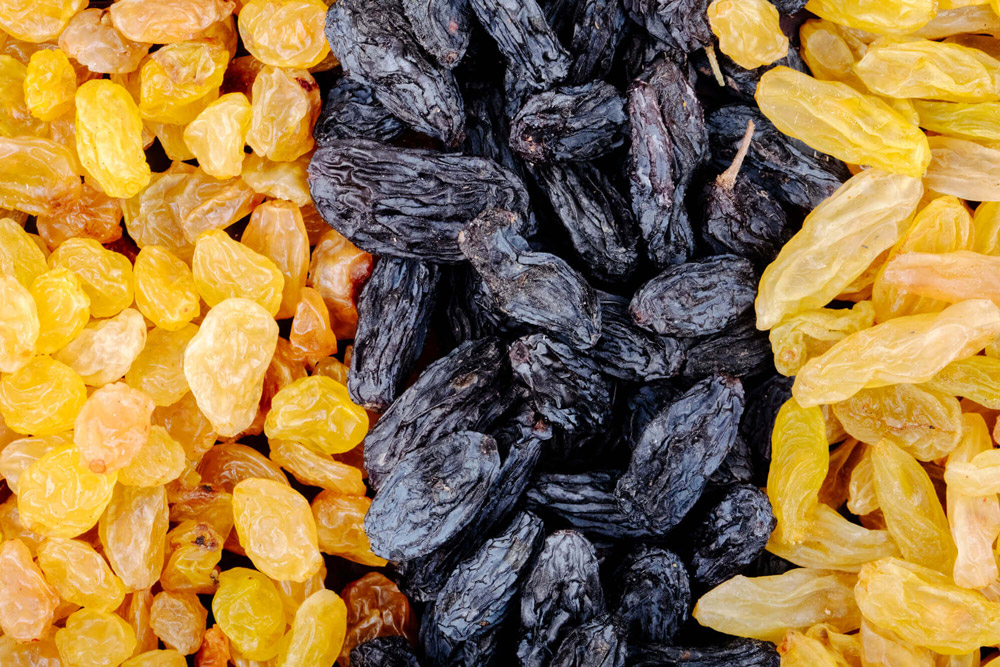
Persian Raisins
6. Hydration and Digestive Function
While dried fruits have had most of their water content removed, they still contribute to hydration in the digestive system by drawing water into the intestines as they digest, which helps soften stools and promote bowel movements.
How Dried Fruits Aid Hydration:
- Water Absorption: The fiber in dried fruits absorbs water as it moves through the digestive tract, which helps bulk up and soften stools, preventing constipation.
- Encouraging Regularity: Eating dried fruits regularly can encourage the body to stay hydrated, especially when paired with drinking plenty of water, further supporting smooth digestion.
Conclusion
Dried fruits such as prunes, figs, dates, raisins, and apricots are not only delicious but also incredibly beneficial for gut health. Their high fiber content, prebiotic properties, and natural laxative effects make them ideal for promoting regular digestion, preventing constipation, and maintaining a healthy gut microbiome. By incorporating these nutrient-dense fruits into your daily diet, you can support a healthy digestive system and enjoy the numerous other health benefits that dried fruits provide. Whether eaten as a snack, added to salads or smoothies, or used in cooking, dried fruits offer an easy and natural way to boost gut health.

